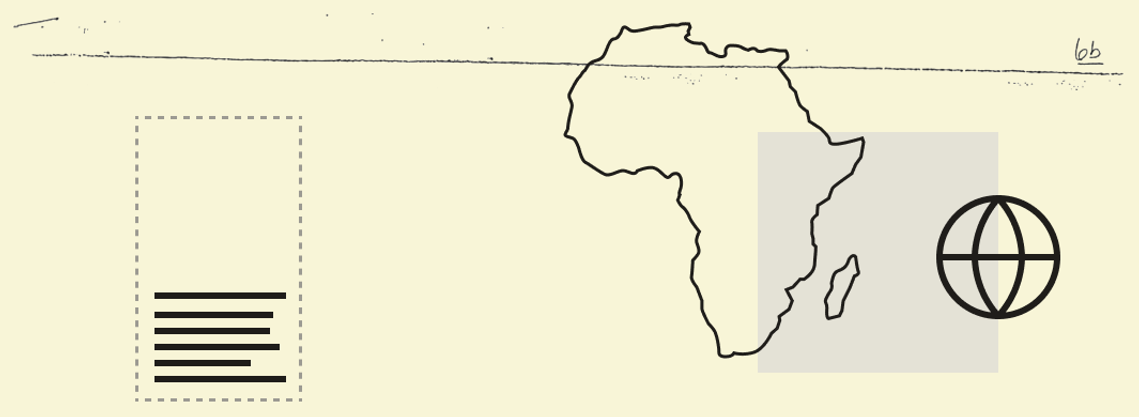 Governance Jekesai Njikizana/AFP via Getty Images Jekesai Njikizana/AFP via Getty Images🇿🇼 Notes and coins from Zimbabwe’s new gold-backed currency, Zimbabwe Gold (ZiG), began general circulation on Tuesday as the country seeks to control inflation. ZiG was introduced by the Reserve Bank of Zimbabwe last month, replacing the inflation-hit Zimbabwean dollar. 🇳🇬 Nigeria on Tuesday approved a 25% to 35% salary increase for some civil servants, with paramilitary, intelligence community members, and armed forces among the beneficiaries. The Nigeria Labour Congress said the increases should be extended to all civil servants. 🇰🇪 Kenyan President William Ruto said on Monday that the country expected to receive $1 billion from the International Monetary Fund this month in support of its economic recovery efforts. 🇰🇪 Kenya’s poultry farmers have expressed concerns that they could lose about $1.28 billion annually if a proposal to import poultry products from the US goes through. The farmers’ association said it could see a 75% reduction in demand for local poultry products. Deals🇳🇦 US energy company Baker Hughes will build a liquid mud plant in Namibia to serve increased oil and gas exploration activities in the country. 🇿🇦 South African investment firm Talent10 will commit $100 million, in partnership with the Industrial Development Corporation, to develop a entertainment and gaming franchise in the country. 🇳🇬 Nigerian ecommerce logistics startup Renda raised $1.9 million in equity and debt to finance expansion in its markets, which includes Kenya. 🇰🇪 The Kenya-headquartered marketing and communication firm WPP-Scangroup on Tuesday announced plans to sell its South African business, months after it ceased operations in Nigeria. The firm said the move was meant to strategically reallocate resources to its primary markets. Geopolitics Fethi Belaid/AFP via Getty Images Fethi Belaid/AFP via Getty Images🇬🇧 🌍 The UK’s investment arm British International Investment will increase spending in Africa and its renewable energy sector, its chief executive said. He said BII’s spending would exceed the £1 billion ($1.25 billion) spent last year. Justice 🇨🇫 The UN-backed special criminal court in the Central African Republic’s capital Bangui issued an international warrant for the arrest of former president François Bozizé. The court said he was wanted for alleged crimes committed by the nation’s military between 2009 and 2013 including murder, enforced disappearance, torture, and rape. Mining🇹🇿 Tanzania will no longer issue mining licenses to investors who don’t show plans to add value to the country’s mineral reserves, the mining minister told parliament on Tuesday. Tanzania has strategic and essential minerals including gold, cobalt, titanium, and copper. Tech🇿🇦 South Africa’s leading crypto exchange VALR will start operations in Poland, its chief executive told Reuters. He said the exchange has initial approval from Dubai’s regulator, and would look for licenses in Mauritius, Kenya, Ghana and Egypt. 🇸🇳 Senegalese mobile money provider Wave is the only African startup in a list of the top 50 of Y Combinator-funded companies with the highest revenue in 2023. 🇰🇪 Kenyan logistics startup Twiga Foods appointed Charles Ballard as its new CEO, replacing the startup’s embattled founder Peter Njonjo. |